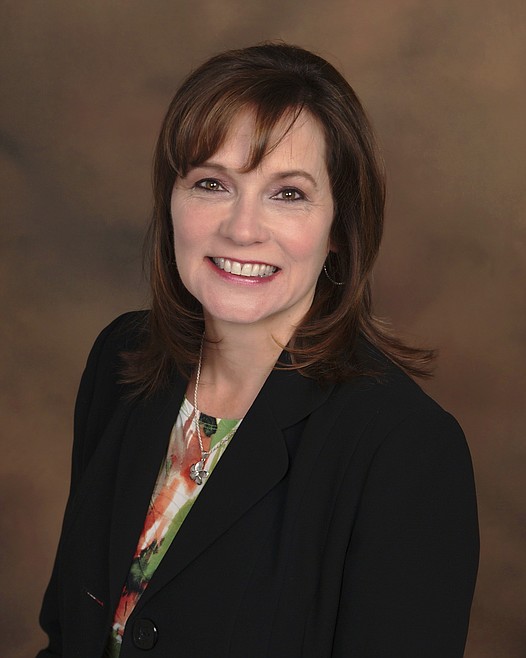Watch your bank statements carefully
TERRI DICKERSON/CDA Press Consumer Gal | Coeur d'Alene Press | UPDATED 4 years, 1 month AGO
A Hayden reader called to suggest that we look at our bank statements carefully to make sure all the listed transactions are legitimate. He recently opened a checking account at a local credit union and was issued a debit card. Before he used the debit card, he noticed two charges on his statement that were unfamiliar to him.
Upon further investigation into the charges he realized he had not made them. He easily could have ignored them because the amounts together were less than $10. But he decided to call the credit union to see why the charges appeared on his statement. He was told the charges were 'POS,' meaning they were point of sale transactions.
A POS is a place where a customer executes payment for goods and/or services either in person or online. The reader did not purchase the items, and so was able to get the funds returned to his account.
However, he could not help but note that it was frustrating to have a brand new account compromised so quickly. He asked the bank employee how his account could have been breached, but was offered no real explanation.
Bottom line is: Check your statements closely, because these scammers count on consumers ignoring or allowing small charges to go through without bothering to reverse them because of the trouble.
But remember, if a scammer can scam a million people out of just $1, that adds up to a lot of money. So why contribute to their jackpot?
• • •
Unclaimed rewards may just be a hoax
If you receive a postcard in the mail, an email or a message on social media informing you that you have an unclaimed reward that can be redeemed at major retailers like Target or Walmart, be careful because it could be a ruse.
Turns out the promise of a reward worth $100 or more is just the con artist's way to get you to give up your personal information to verify your identity. Then, once your identity is confirmed, you may be asked to pay a small fee to cover mailing costs.
Once you provide your debit or credit card number to the scammer to cover the fees, they have your personal information and may attempt to make fraudulent charges using your card information. Naturally, your unclaimed reward never arrives because it never existed in the first place.
Be leery of any unsolicited correspondence attempting to entice you with promises of “found” money. Never give your personal information to strangers who contact you unsolicited.
• • •
Avoid being a victim of a scam
There are several things to be aware of in order to avoid being a victim of a scam.
Watch phone numbers that pop up from highly suspicious area codes. A few area codes to avoid include 232 (Sierra Leone), 242 (Bahamas), 246 (Barbados), 284 (British Virgin Islands), 268 (Antigua and Barbuda), 345 (Cayman Islands), 441 (Bermuda) and 473 (Grenada, Carriacou and Petite Martinique).
Unless you know someone from these counties, it’s likely a scam.
Second, listen for a delayed greeting. If you answer but it takes the person on the other end of the line a few seconds to answer, chances are they are using an automatic dialer. You’ll likely hear clicking before anyone actually comes on the line. If this is the case, it is likely a scammer waiting for you to answer.
Another sign that a scammer has called is they tell you there is a problem with your bank account or credit card company but you don’t have an account at that business. This is your cue to hang up.
Scammers don’t like to be questioned, so if you ask probing questions you’ll likely get into a heated discussion. The caller will become increasingly belligerent and irritable if they feel they are not getting their way. If you think you are being subjected to intimidation tactics it's best to just hang up on the caller and block that number.
Scammers will often try to get you to act fast 'or the deal will be gone.' If the caller will not allow you to call them back or insists that the decision must be made immediately, it is likely a scam. So, again, it's best to avoid it.
Scammers are getting more cunning and finding new ways to get people to fall for their gimmicks and give up their personal information. Be vigilant and avoid answering any questions from unsolicited callers that might cause you to give up personal information. In fact, it is still best not to answer calls from numbers you do not recognize.
• • •
Remember: I’m on your side.
• • •
If you have encountered a consumer issue that you have questions about or think our readers should know about, please send me an email at [email protected] or call me at 208-274-4458. As The CDA Press Consumer Gal, I’m here to help. I’m a copywriter working with businesses on marketing strategy, a columnist, a veterans advocate and a consumer advocate living in Coeur d’Alene.

